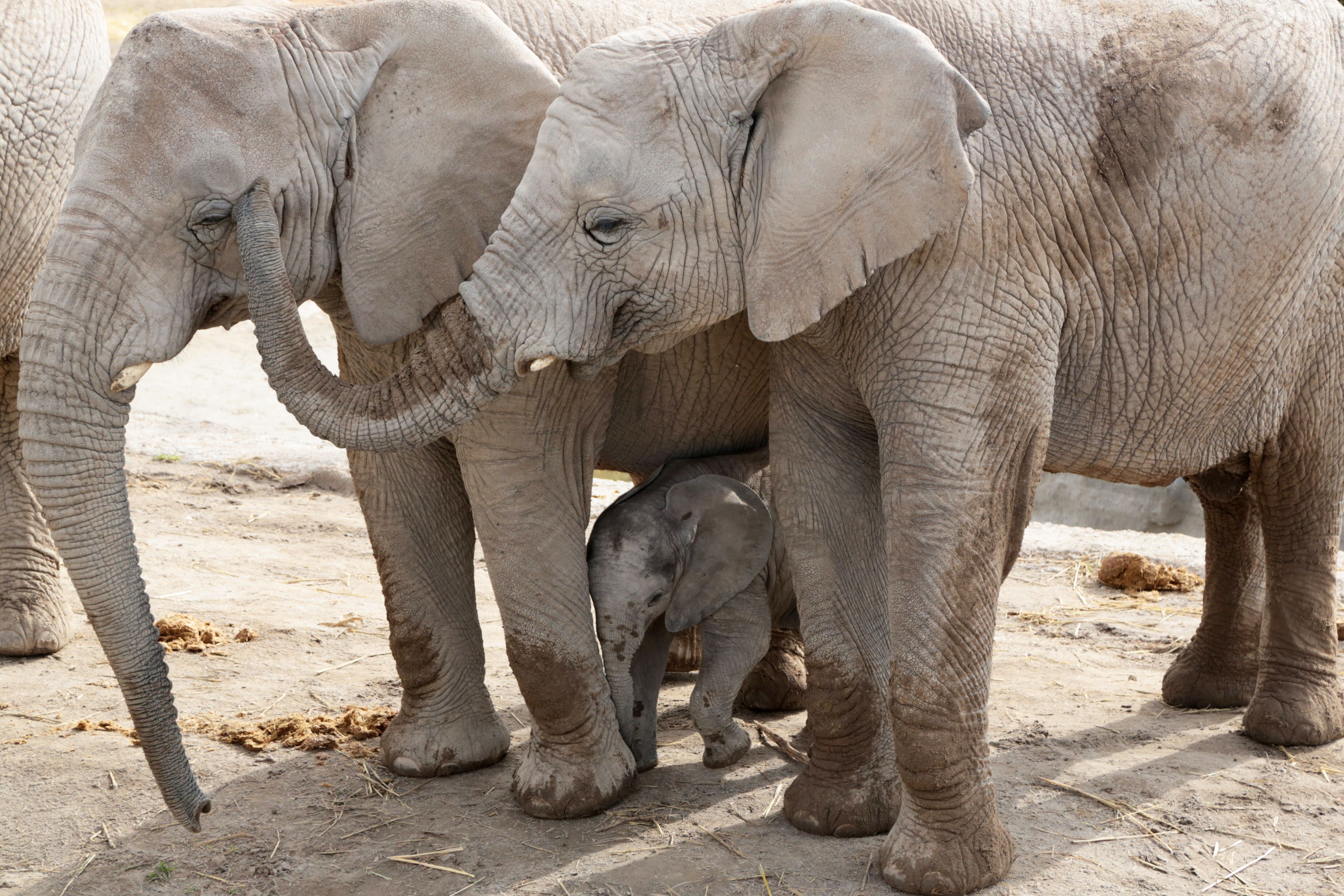Requests to ease restrictions on the ivory trade were denied. Some countries find that troublesome.


A free daily email with the biggest news stories of the day – and the best features from TheWeek.com
You are now subscribed
Your newsletter sign-up was successful
The Convention on International Trade in Endangered Species decided on Tuesday in Geneva to strengthen restrictions on elephant and ivory trades.
Baby African elephants will no longer be taken from the wild and sold to zoos except under "exceptional circumstances" that are subject to approval by a committee of CITES members, BBC reports. Several countries, including Zimbabwe, which has a healthier elephant population than other nations in Africa and stakes its claim as the world's leading elephant exporter, voted against the ban, as did the United States.
Several countries also made unsuccessful efforts to re-open the ivory trade during the convention, arguing that stocks of elephant tusks and rhinoceros horns confiscated from poachers could be used to fund conservation efforts. But their campaign was defeated. This rankled Namibia, which was hoping to ease controls over products from its white rhinoceros population. Bloomberg reports that Namibia threatened to lead an exodus of other Southern African nations out of the convention.
The Week
Escape your echo chamber. Get the facts behind the news, plus analysis from multiple perspectives.

Sign up for The Week's Free Newsletters
From our morning news briefing to a weekly Good News Newsletter, get the best of The Week delivered directly to your inbox.
From our morning news briefing to a weekly Good News Newsletter, get the best of The Week delivered directly to your inbox.
"There are countries that hold views that are not based on science," Pohamba Shifeta, Namibia's environment minister, told reporters, specifying that the Southern African Development Community region has the largest population of white rhinos. "Instead of applying science they are just politicizing the whole matter." Bloomberg notes that countries in Southern Africa, including Namibia, are known for having the continent's best-run conservation programs.
Others were pleased with the results, however. Humane Society International, for example, called the new elephant trade restrictions a "momentous win."
A free daily email with the biggest news stories of the day – and the best features from TheWeek.com
Tim is a staff writer at The Week and has contributed to Bedford and Bowery and The New York Transatlantic. He is a graduate of Occidental College and NYU's journalism school. Tim enjoys writing about baseball, Europe, and extinct megafauna. He lives in New York City.
